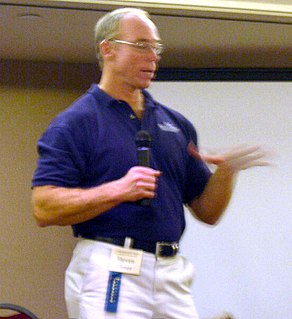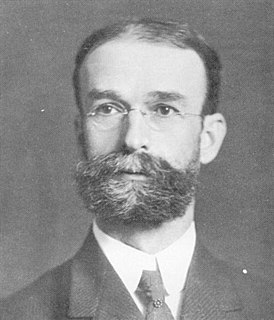A Quote by Denis Parsons Burkitt
Diseases can rarely be eliminated through early diagnosis or good treatment, but prevention can eliminate disease.
Related Quotes
An important finding is that by determining the genome sequences of an entire family, one can identify many DNA sequencing errors and thus greatly increase the accuracy of the data. This will ultimately help us understand the role of genetic variations in the diagnosis, treatment, and prevention of disease.
A physician who fails to enter the body of a patient with the lamp of knowledge and understanding can never treat diseases. He should first study all the factors, including environment, which influence a patient's disease, and then prescribe treatment. It is more important to prevent the occurrence of disease than to seek a cure.
...The Chinese in the 9th century AD utilized a book entitled The Thousand Golden Prescriptions, which described how rice polish could be used to cure beri~beri, as well as other nutritional approaches to the prevention and treatment of disease. It was not until twelve centuries later that the cure for beri~beri was discovered in the West, and it acknowledged to be a vitamin B-1 deficiency disease.


































